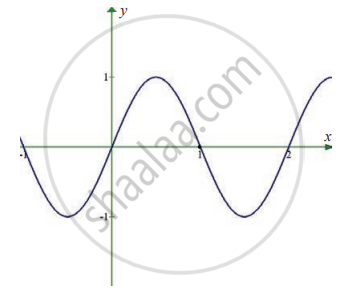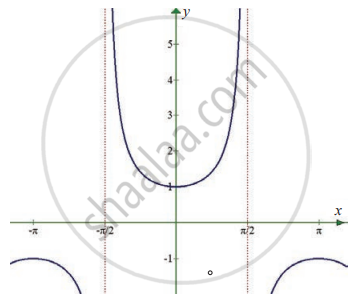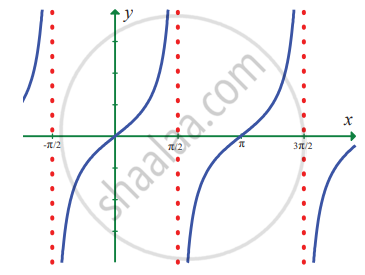Advertisements
Advertisements
Question
Evaluate the following limits:
`lim_(x -> 0) (sinalphax)/(sinbetax)`
Solution
We know `lim_(x -> 0) sinx/x` = 1
`lim_(x -> 0) (sin alpha x)/(sin betax) = lim_(x -> 0) (sin alphax)/(1/alpha (alphax)) xx (1/beta (betax))/(sin betax)`
= `alpha/beta lim_(x -> 0) (sin(alphax))/((alphax)) xx (betax)/(sin(betax))`
= `alpha/beta lim_(alphax -> 0) (sin(alphax))/(alphax) xx lim_(betax -> 0) (betax)/(sin(betax))`
= `alpha/beta lim_(alphax -> 0) (sin(alphax))/(alphax) xx 1/(lim_(betax -> 0) (sin("betax))/(betax))`
= `alpha/beta xx 1 xx 1/1`
`lim_(x -> 0) (sinalphax)/(sinbetax) = alpha/beta`
APPEARS IN
RELATED QUESTIONS
Evaluate the following limit :
`lim_(x -> 7)[((root(3)(x) - root(3)(7))(root(3)(x) + root(3)(7)))/(x - 7)]`
Evaluate the following :
Given that 7x ≤ f(x) ≤ 3x2 – 6 for all x. Determine the value of `lim_(x -> 3) "f"(x)`
In problems 1 – 6, using the table estimate the value of the limit.
`lim_(x -> 2) (x - 2)/(x^2 - x - 2)`
| x | 1.9 | 1.99 | 1.999 | 2.001 | 2.01 | 2.1 |
| f(x) | 0.344820 | 0.33444 | 0.33344 | 0.333222 | 0.33222 | 0.332258 |
In exercise problems 7 – 15, use the graph to find the limits (if it exists). If the limit does not exist, explain why?
`lim_(x -> 1) sin pi x`
In exercise problems 7 – 15, use the graph to find the limits (if it exists). If the limit does not exist, explain why?
`lim_(x -> 0) sec x`
In exercise problems 7 – 15, use the graph to find the limits (if it exists). If the limit does not exist, explain why?
`lim_(x -> x/2) tan x`
Sketch the graph of f, then identify the values of x0 for which `lim_(x -> x_0)` f(x) exists.
f(x) = `{{:(x^2",", x ≤ 2),(8 - 2x",", 2 < x < 4),(4",", x ≥ 4):}`
If the limit of f(x) as x approaches 2 is 4, can you conclude anything about f(2)? Explain reasoning
Verify the existence of `lim_(x -> 1) f(x)`, where `f(x) = {{:((|x - 1|)/(x - 1)",", "for" x ≠ 1),(0",", "for" x = 1):}`
Find the left and right limits of f(x) = tan x at x = `pi/2`
Evaluate the following limits:
`lim_(x ->oo) (x^3/(2x^2 - 1) - x^2/(2x + 1))`
Evaluate the following limits:
`lim_(x -> 0) (tan 2x)/x`
Evaluate the following limits:
`lim_(x -> ) (sinx(1 - cosx))/x^3`
Evaluate the following limits:
`lim_(x -> 0) (tan x - sin x)/x^3`
Choose the correct alternative:
`lim_(x -> oo) sinx/x`
Choose the correct alternative:
If `f(x) = x(- 1)^([1/x])`, x ≤ 0, then the value of `lim_(x -> 0) f(x)` is equal to
Choose the correct alternative:
`lim_(x -> 0) ("e"^tanx - "e"^x)/(tan x - x)` =
`lim_(x -> 0) (sin 4x + sin 2x)/(sin5x - sin3x)` = ______.
